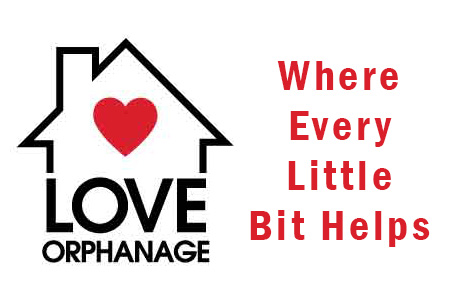On Haiti, Educators’ Perspectives
The ongoing story of Haiti does not make the evening news. In fact, the story of Haiti—Haiti’s liberation from France approximately sixty years before slavery was abolished in the US, its subsequent isolation, and all that followed—is vastly unknown. Drexel University is one of very few universities that sponsor study abroad courses to Haiti. As educators who have been taking college students to Haiti on study abroad courses since 2012, we explore the unknown stories of triumph that help transform Haiti from within.
Too often the headlines paint Haiti as a country that is incapable of self-governance, a victim of its own decisions, a series of self-inflicted wounds. William Wan of the Washington Post summarized the nation’s history in a series of buzzwords from a Liam Neeson political thriller- “Poverty. Hurricanes. Epidemic outbreaks. Coups. Corruption. Assassination. Gang violence. Political paralysis” (2021). While disasters certainly demand attention, too often the narrative only further perpetuates this perception.
One of our goals as educators is to disrupt the false narrative that Haitians need to simply get their affairs in order. Haiti has the brainpower and resilience; it needs the resources that were pillaged and stolen from centuries of colonial scars and both well-intentioned and insidious intervention from large non-profit organizations and government leaders. This, of course, does not relinquish blame from Haiti’s own political leaders, but rather acknowledges the reinforcement of corruption from external forces.
In Haiti, our focus is to help students learn about the complexity of the country—its beauty and its struggle— to experience how change happens. By centering Haitian voices, experiences, and expertise throughout our courses, our students are there to listen and seek understanding, rather than “serve.” If we attend a concert, we learn about the musicians’ activism against corruption; if we visit a school, we are invited to take off our shoes before entering the library, because in Haiti books are sacred and this library is considered a holy place. Our students also see Haiti’s unspoiled beaches and countryside, appreciating the beauty of the country despite the crippling infrastructure in Port-au-Prince. The purpose of our program is to understand the many stories of Haiti, connect with individuals involved in grassroots change, and play an intentional and ongoing, but humble role toward healing.
Over the years, our active participation has built a collective that amplifies individual transformative power to affect change. Our students meet individuals such as Gabriel Fedulus, the Director of Love Orphanage, who left a well-paying job in Miami to open an orphanage in 2011. While not everyone is as dedicated as Mr. Fedulus, his example shows us that change starts within an individual’s own sphere of connectivity.
Many people have asked us how to donate money to Haitians in need. While donations must and should be given to support earthquake affected people, we have seen that crisis does not occur in isolation. The effects of disaster ripple out like waves in a pond, impacting those near and far, and especially the most vulnerable whose daily existence rests on shaky ground. Without an infrastructure to provide social services, it’s not solely communities in the South of Haiti that will require our attention. Orphanages like the one Gabriel Fedulus founded receive no public funding yet feel the impact as resources become scarcer.
Donating directly to Philadelphia based grassroots projects like We the Village, which support Love Orphanage, can help provide the resources needed to support and cultivate the knowledge and skills that already exist among Haiti’s youth without the red tape of bureaucratic structures. Relieving the stressors of food and housing insecurity allows the children of Love Orphanage to immerse themselves in their education, arts, recreation, and play. One hundred percent of your donation will reach the children of Love Orphanage There are no paid administrators or middlemen. Make a donation at www.loveorphanage.org/donate-now
Co-authored by Board Members of We The Village:
Ahaji Schreffler, Senior Director of Education Abroad
Harriet Levin Millan, Associate Professor, Department of English and Philosophy,
Adam Zahn, Director of Global Engagement
